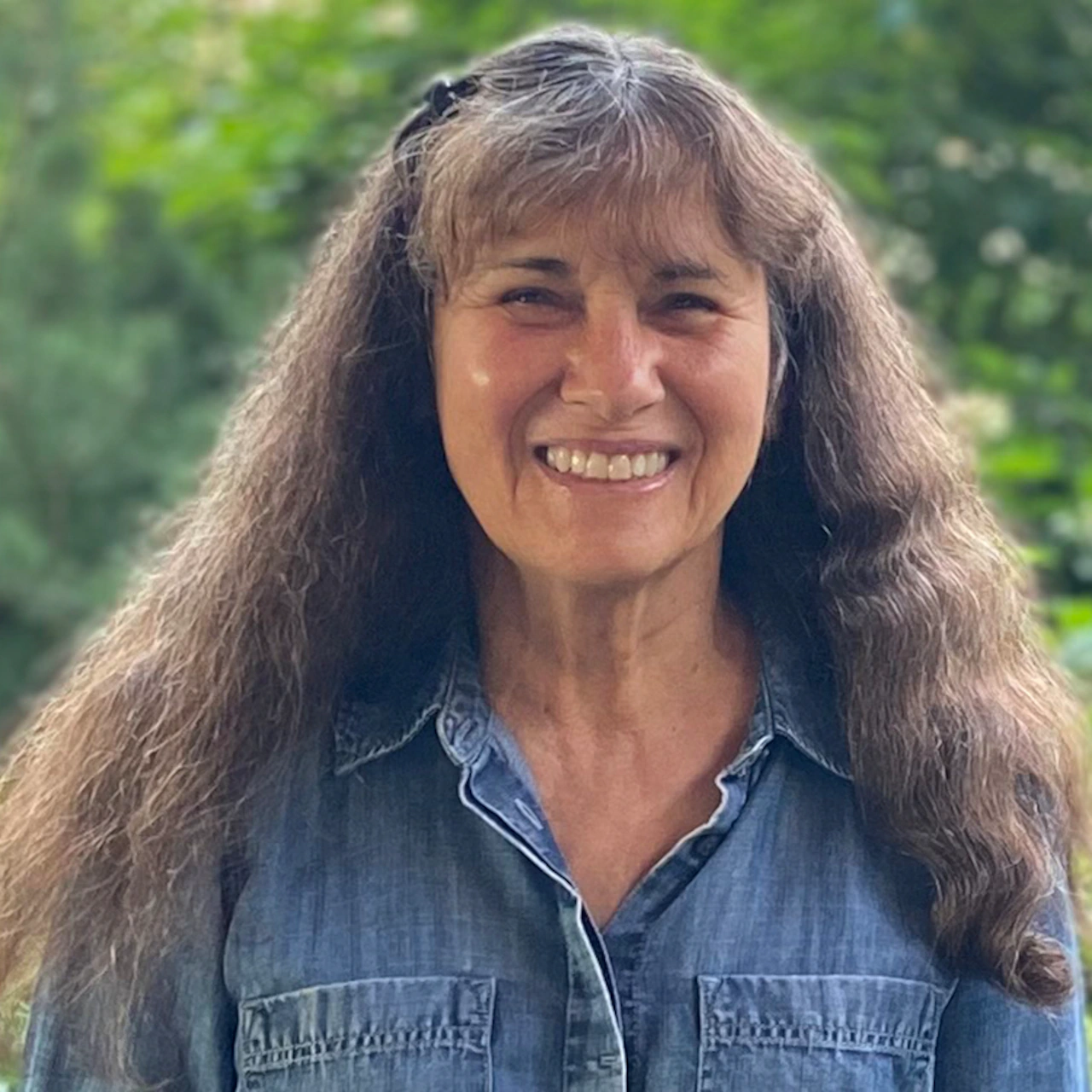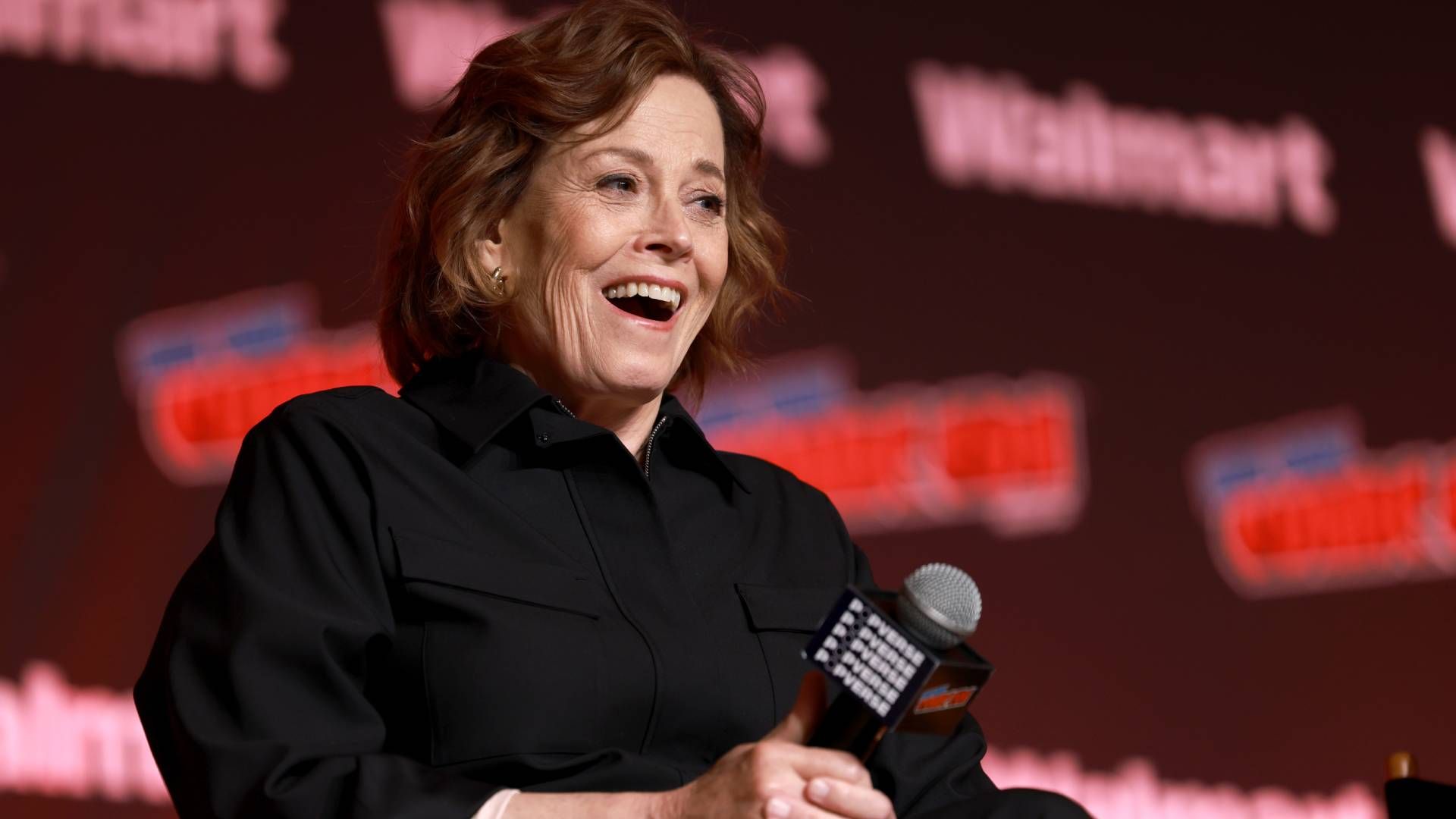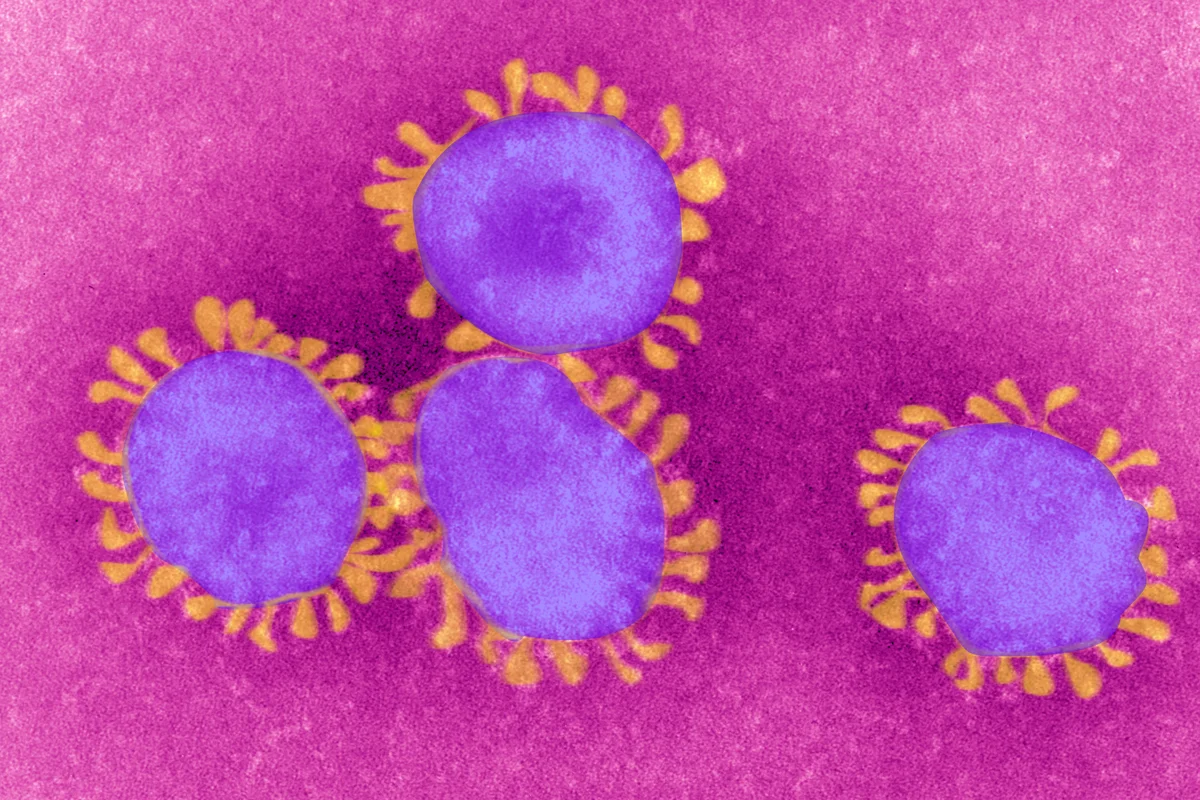Copyright Mechanicsburg Patriot News

By Maria DiCola Several years ago, I had a dream about my grandfather, who had suffered terribly from Parkinson’s disease. In my dream, I was struggling to push him on a hospital gurney. Suddenly, the weight lifted. I turned around, and there he was – standing tall, smiling, and free of tremors. At the time, I didn’t understand the dream. But now I do. I believe he was telling me that I wouldn’t have to suffer the way he did. And thankfully, he was right. I was diagnosed with Parkinson’s in 2017. Gradually over the years, the tremors were so severe I could no longer drive. The medication left me exhausted, often falling asleep in the middle of the day. But in 2024, my life changed dramatically. I underwent a procedure called deep brain stimulation, which involves implanting electrodes, and a small generator in the body to help regulate brain activity on the muscles. Today, I no longer shake. I have gone from nine pills a day to just one – and may soon be able to stop medication altogether. While not a cure, the procedure has given me a quality of life I never thought possible. Who do I thank for this gift? My surgeon, the engineers who designed the implants, the medical staff who guided me through the process, the researchers who discovered the connection between electrical stimulation and tremors, or the government agencies that founded the studies? The answer is: all of them. But I worry – what happens if research like this isn’t continually funded? What happens to the next person diagnosed with Parkinson’s or ALS, or Alzheimer’s? Before surgery, I was planning my funeral. Now, I am planning my future. And I’m speaking out to urge policy makers to continue investing in scientific research that improves and saves lives. I’ve spent more than 43 years working in research at Penn State, after earning my degree in agronomy. I worked in agriculture and material science helping students prepare samples for studies, and contributing to discoveries that supported everything from food security to advanced manufacturing. My journey to Penn State wasn’t typical. I was 29 when I enrolled, the first in my family to attend college. Before that, I taught in a small Catholic school and spent four years in a cloister convent. Those experiences shaped me, but it was research that gave me an additional sense of purpose and connection to something larger than myself. I found what God wanted me to do with my life. Through my work, I learned how science can help feed the world. Through my experience with Parkinson’s, I’ve seen how science can restore dignity and independence. In both cases, research has been the bridge between suffering and hope. It will be wonderful if the bridge could remain strong – for adults like me, and for children yet to be born. I want others to have the chance to live fuller lives, to benefit from the breakthroughs that come through sustained investment in science. In my heart, I feel God telling me not to be afraid and asking me to continue working so that others can benefit from new research that changed my life. Please make sure it can continue changing lives for generations to come.



